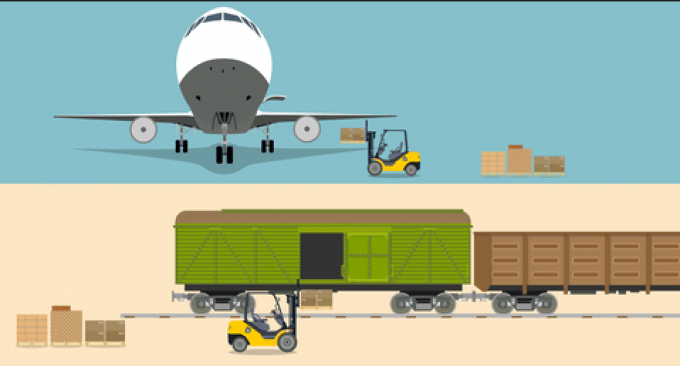Flights cancelled as German airport workers strike
As noted last week, German airports are facing chaos today as Ver.di union members down ...

Air cargo loves a strike – as long as it happens in a different mode.
Remember the US west coast port slowdown of 2014-2015? Airfreight happily picked up the pieces, getting a great boost in an otherwise lacklustre market.
This time, however, senior air executives don’t believe the threatened US rail strike will happen.
As The Loadstar explains today, the negotiations between railroads and some unions have foundered over sick leave – but the Presidential Emergency Board failed to address the issue in ...
'Disastrous' DSV-Schenker merger would 'disrupt European haulage market'
New senior management for DSV as it readies for DB Schenker takeover
Volumes set to 'fall off a cliff' as US firms hit the brakes on sourcing and bookings
Asian exporters scramble for ships and boxes to beat 90-day tariff pause
Amazon pushes into LTL for small package fulfilment and UPS does a u-turn
Temporary tariff relief brings on early transpacific peak season
Pre-tariff rush of goods from US to China sees air rates soar, but not for long
Forwarders 'allowing the fox into the chicken run' by supporting 'hungry' carriers

Comment on this article